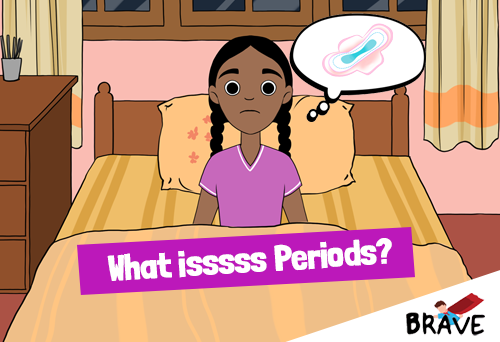




Maintaining sexual health contributes to overall well-being and supports our overall health. Sexual health is a conversation that goes beyond just having children. Good communication between sexual partners is crucial, and a fulfilling sexual life requires comprehensive knowledge about sexual and reproductive health. Living a sexual life according to one’s own choices, without coercion, harassment, or violence, is a fundamental right for all of us.
The World Health Organization highlights several key factors for maintaining sexual health and well-being. To achieve comprehensive sexual health, individuals should have:
* Access to complete information about sexuality.
* Awareness of the risks associated with unsafe sexual practices and the potential consequences.
* Access to sexual health services.
* A positive environment and attitudes toward maintaining sexual health.
Sexual health issues are interconnected with our sexual orientation, social identity, sexual satisfaction, and the dynamics of our relationships. For example, harmful cultural practices such as female genital mutilation and effects such as sexually transmitted infections, unintended pregnancies, sexual dysfunction, infertility, can have negative impacts on our well-being.
https://www.who.int/health-topics/sexual-health#tab=tab_1
01. After using the restroom, wash the external genital area (penis, testicles, or vaginal area) with clean water.
* If you have male genitalia, make sure to wash the head of the penis and the area around it with water during bath time. The area under the foreskin can
harbor bacteria, leading to the formation of white or yellowish discharge.
* If you have female genitalia, wash between the labia with water and gently pat it dry. This area naturally cleans itself, so using soap frequently isn't
necessary.
02. Using clean underwear that has been washed with soap and dried in the sun.
03. If you feel an itch, inflammation or pain in the genitals, visit a suitable doctor and get checked.
04. Maintain good menstrual hygiene. To read more about this, see the article on menstruation.
05. If someone is forcing or threatening you to have sex, talk to a trusted person about it. If you have been sexually assaulted, go to the nearest government
hospital and seek treatment.
06. If you do not wish to become pregnant, always use a modern contraceptive method. Practice safe sexual activity at all times.
07. Engage in open discussions with your sexual partners about your desires, boundaries, and preferences to create a mutually satisfying and respectful
environment.
08. Building good self-esteem about one's body, maintaining a weight suitable for one's height, eating a balanced diet, drinking enough water, etc. are helpful in
maintaining sexual health.
If you have sexual and reproductive health concerns, you can visit the local medical officer's office for guidance through the Women's Health Clinic.
In Sri Lanka, a sexual health promotion program is operational under the National Sexually Transmitted Diseases and AIDS Control Program. For more information, please continue reading here.
https://www.aidscontrol.gov.lk/index.php?option=com_content&view=article&id=107&Itemid=129&lang=en



Challenge yourself and your friends to test your knowledge, take the quiz
Access to these contraceptives is made easy through public hospitals and health centers where they are provided for free. Families can talk to doctors and nurses to learn about.

Sexual and reproductive health



Things to Read
Menstruation begins during the age of 10 to16 years and continues until menopause around the late 40s or early 50s,...
Sexual and reproductive health



Things to Read
It is important to learn about parts of the sexual and reproductive system to enjoy a fulfilling sexual and reproductive...
Sexual and reproductive health



Things to Read
Sexual behavior and sexual satisfaction
Sexual and reproductive health



Things to Read
Let's understand the sexual and reproductive system
Sexual and reproductive health



Things to Read
Let's face the challenges of youth
Sexual and reproductive health



Things to Read
Sexual and reproductive health conditions affecting men
Sexual and reproductive health



Things to Read
How to maintain personal hygiene?
Sexual and reproductive health



Things to Read
Sexual and reproductive health conditions that affect transgender individuals
Sexual and reproductive health



Things to Read
Sexually transmitted infections
Sexual and reproductive health



Things to Read
How does a pregnancy happen?
Sexual and reproductive health



Things to Read
Let's face adolescence
Sexual and reproductive health



Things to Read
Reproductive health concerns for Men
Sexual and reproductive health



Things to Read
Things to consider before planing a pregnancy
Sexual and reproductive health



Things to Read
Pregnancy related concerns
Sexual and reproductive health



Things to Read
How to keep my body clean